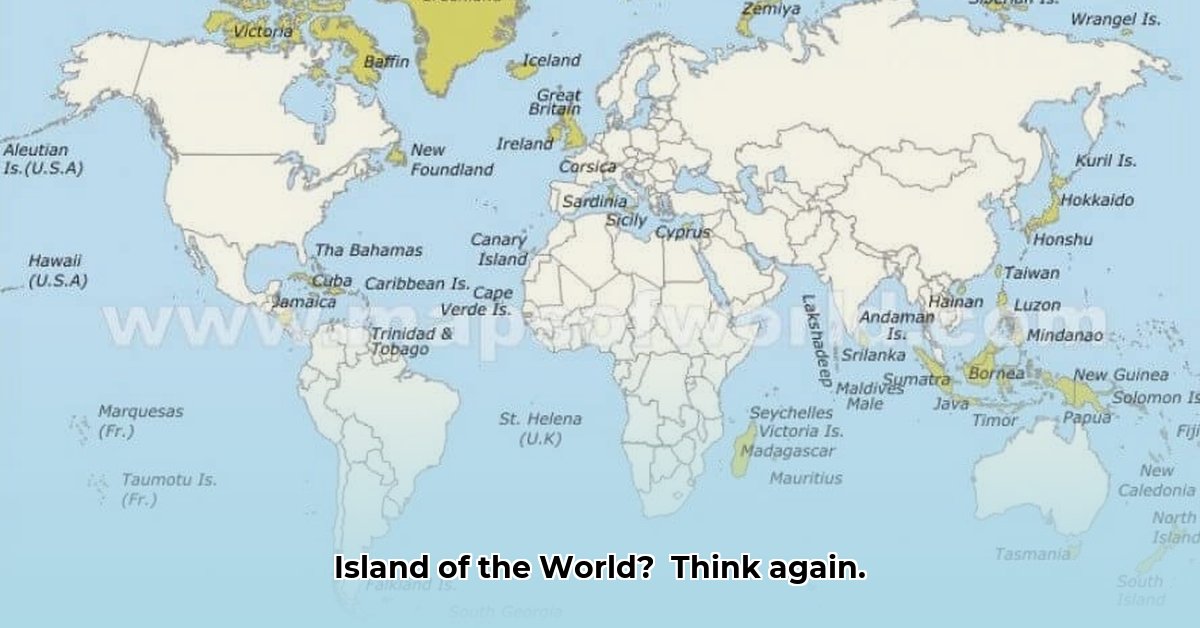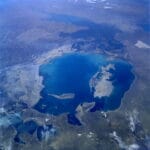Michael O’Brien’s Island of the World is not simply a historical novel; it’s a profound exploration of faith’s resilience in the face of unimaginable suffering. Set against the backdrop of 20th-century Bosnia, the novel follows Josip Lasta’s tumultuous life journey through the ravages of war, the oppressive grip of communism, and the devastating weight of personal loss. This is a story that delves into the heart of human endurance, questioning how faith can not only provide solace but also transform and strengthen the human spirit amidst unrelenting adversity.
A Childhood Shattered, A Spirit Forged: Josip’s Odyssey of Faith
Josip’s story begins in the idyllic mountain village of Rajska Polja (“Fields of Heaven”), a world of innocence and familial love. However, this sanctuary is soon shattered by the brutal realities of World War II and the subsequent rise of communist Yugoslavia. O’Brien doesn’t shy away from depicting the raw, visceral impact of these historical events. The violence, the fear, the pervasive sense of loss – these are palpable throughout Josip’s journey. Yet, amidst this darkness, a flicker of hope remains: Josip’s faith. Inherited from his devout parents and nurtured by the wisdom of Fra Anto, the village priest, this faith becomes an anchor in the storm. It is tested, questioned, and refined in the crucible of suffering, evolving from childhood acceptance into a mature and deeply personal relationship with the divine. He struggles with doubt, grapples with existential questions, and wrestles with the seeming contradictions of a world filled with both profound beauty and unspeakable cruelty. It is through this struggle, this wrestling with the divine, that Josip’s faith becomes not a shield against suffering, but a source of strength within it.
The Balkans: A Land of Beauty and Brutality
The Balkans serve as more than just a setting; they are a character in Josip’s story. O’Brien masterfully portrays the region’s rich tapestry of cultures and religions – Islamic, Orthodox, and Catholic – interwoven with centuries of history and complex political dynamics. He captures both the breathtaking beauty of the landscape and the deep-seated tensions that have fueled conflict for generations. This nuanced portrayal avoids simplistic narratives of good versus evil, instead highlighting the shared humanity that persists even amidst division. The Balkans become a microcosm of the human condition, reflecting both the capacity for great love and the potential for devastating cruelty. Josip’s faith is constantly challenged and shaped by this complex environment. It becomes a lens through which he navigates the moral ambiguities of his world, influencing his choices and shaping his identity in the face of adversity. This intricate interplay between faith, culture, and conflict is central to understanding Josip’s transformative journey.
Beyond Survival: The Transformative Power of Suffering
Island of the World transcends a simple survival narrative. It delves into the profound and often paradoxical ways in which suffering can shape and strengthen the human spirit. Josip’s life is marked by loss, betrayal, and profound disappointment. Yet, these experiences, rather than breaking him, become catalysts for spiritual growth. O’Brien employs powerful religious and literary symbolism, invoking themes of crucifixion and resurrection, to illuminate Josip’s inner transformation. He emerges from the depths of despair not unscathed, but bearing the marks of his experiences as testaments to the resilience of his faith. These scars are not symbols of defeat, but reminders of the battles fought and won in the pursuit of meaning and purpose.
A Literary Pilgrimage: Exploring the Depths of the Human Spirit
Island of the World is a demanding yet rewarding read. It challenges readers to confront difficult questions about the nature of faith, the meaning of suffering, and the search for hope in a world often marked by darkness. O’Brien’s prose is both lyrical and evocative, drawing the reader into Josip’s inner world with remarkable depth and sensitivity. The novel’s length allows for a full exploration of Josip’s life, tracing his spiritual and emotional development across decades. The slow burn of the narrative, punctuated by moments of intense drama and profound introspection, mirrors the slow but transformative work of faith in the human heart. Island of the World is not just a story; it is an experience, a literary pilgrimage that invites readers to grapple with the complexities of faith, the resilience of the human spirit, and the enduring power of hope in a world often shrouded in darkness. It’s a testament to the enduring human capacity to find meaning and purpose, even in the face of overwhelming adversity. The novel leaves a lasting impact, prompting reflection long after the final page is turned.
- Red Cloud, NE: Discover Willa Cather’s Legacy - April 11, 2025
- Remember Old Social Media Sites? Their Rise and Fall - April 11, 2025
- How many days till Feb 3?Accurate Countdowns & Tools - April 11, 2025
















